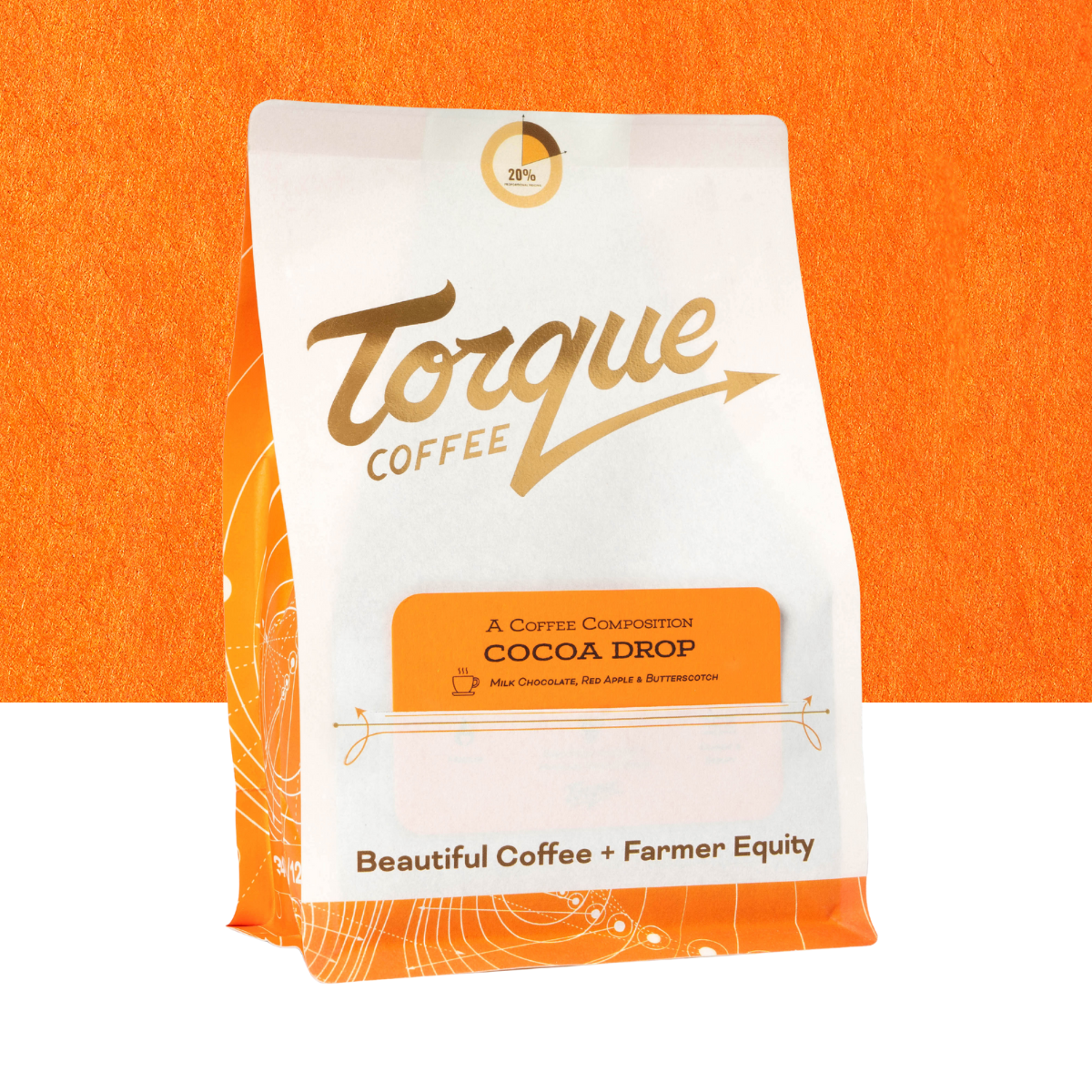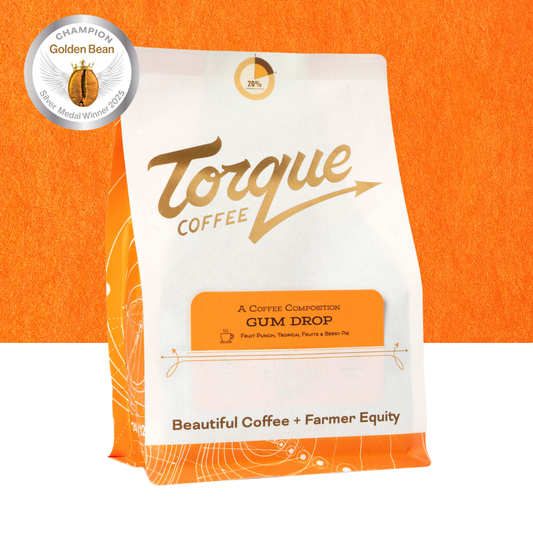
Understanding TDS in Water and Its Role in Brewing the Perfect Coffee
What is TDS?
TDS, or Total Dissolved Solids, measures the amount of dissolved minerals, salts, and organic matter in water. This includes calcium, magnesium, sodium, and other compounds that can affect how water interacts with coffee grounds during brewing.
Why Does TDS Matter for Coffee?
Water isn’t just a carrier for coffee—it’s an active ingredient. The right TDS ensures water extracts the coffee's full range of flavors without over-extracting (causing bitterness) or under-extracting (resulting in sourness or weak taste). A balanced TDS enhances the rich, complex notes of great coffee.
The Ideal Range for Coffee Brewing
For optimal coffee flavor, aim for a TDS in water between 75-200 ppm (parts per million). This range provides enough minerals to bring out the coffee's nuanced flavors while avoiding overpowering bitterness or dullness. Water with TDS too low (e.g., distilled water) lacks the necessary minerals for proper extraction, while water with TDS too high can overwhelm the coffee's natural taste.
How to Get the Most Out of Your Coffee
Using water with the right TDS is essential, especially when brewing high-quality coffee. Whether you’re using a filter system or purchasing specially prepared water for brewing, this simple adjustment can transform your coffee experience.
To enjoy the best flavors coffee can offer, pair perfect brewing water with exceptional beans like ours!. Check out the carefully curated selection of Torque Coffees—crafted to highlight unique flavor profiles, just waiting to be unlocked with the right brew.





